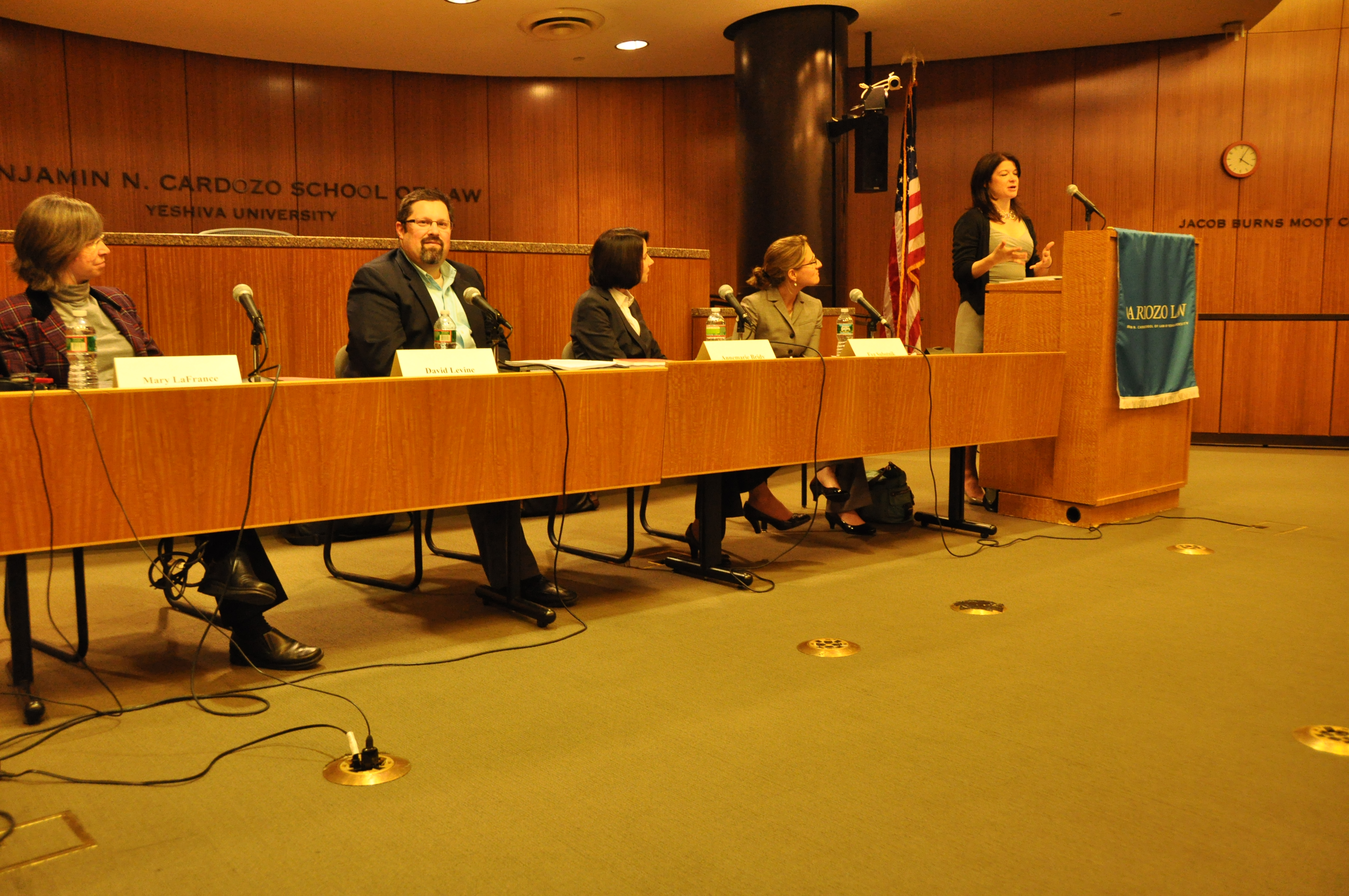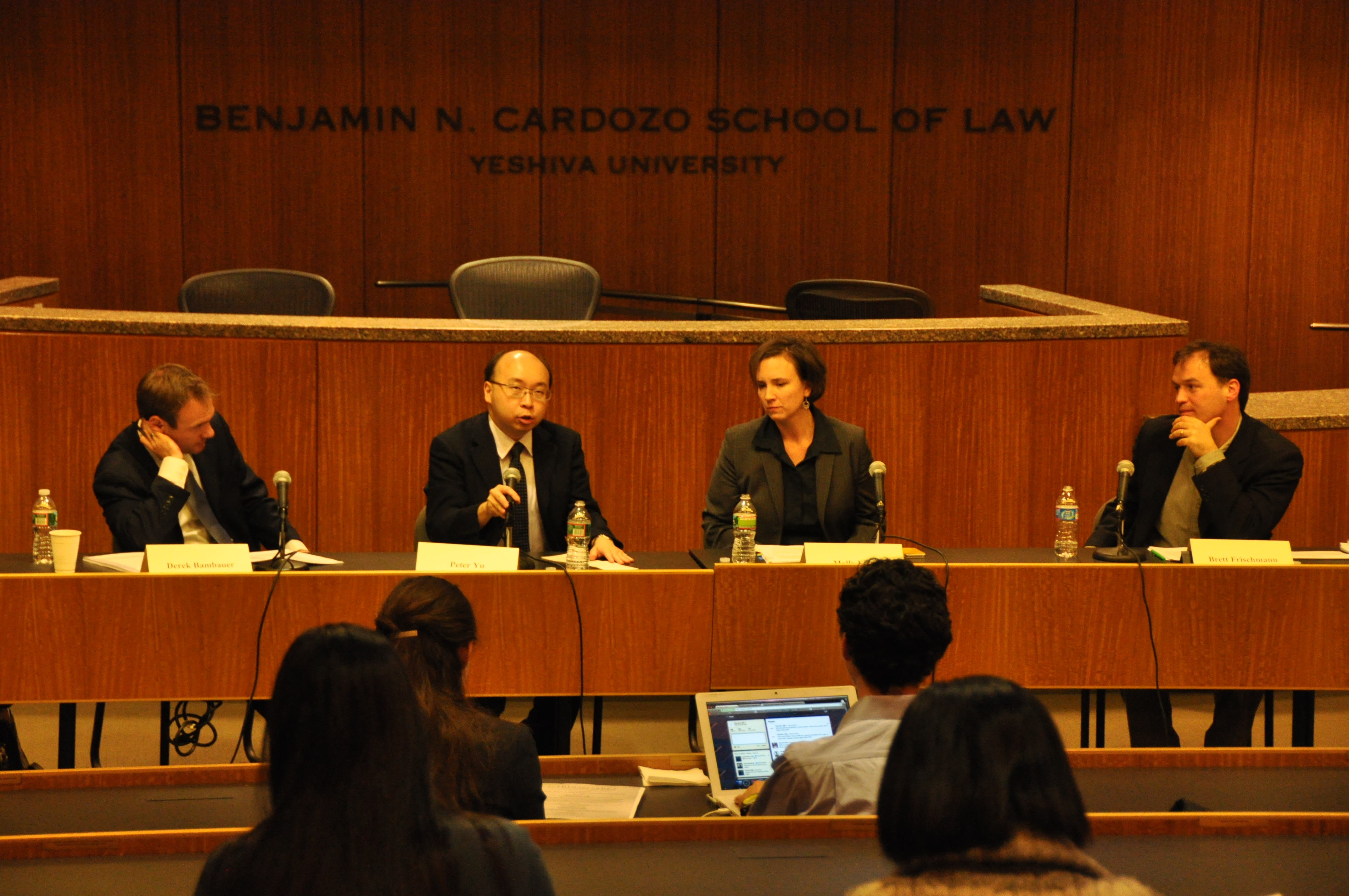“Piracy and the Politics of Policing: Legislating and Enforcing Copyright Law“
March 28, 2012
Cardozo Law School, Moot Court Room
Panel 1: 4:00PM to 6:00PM
Bring In The Nerds: Secrecy, National Security and the Creation of Intellectual Property Law
David Levine, Elon University School of Law
The negotiations of the international Anti-Counterfeiting Trade Agreement and Trans Pacific Partnership Agreement has elevated intellectual property piracy to the level of national security concerns and have therefore been conducted largely in secret. However, the level of actual secrecy has been tiered, with corporate interests enjoying far more access to negotiation information than the general public. At the same time, similar intellectual property issues have been negotiated in the relative transparency of Congress’ debate over the pending Stop Online Piracy Act/PROTECT IP Act and OPEN Act, allowing for much greater public involvement. With national security concerns as the backdrop, the focus of this article is the use of national security arguments to prevent the public from accessing information about the creation of international intellectual property law and proposed ways to think about its implications.
Responders:
Annemarie Bridy, University of Idaho College of Law; Fellow and Visiting Associate Research Scholar, Princeton University Center for Information Technology Policy
Mary LaFrance, William S. Boyd School of Law, University of Nevada, Las Vegas
Panel 2: 7:00PM to 9:00PM
Region Codes and The Territorial Mess
Peter Yu, Drake University Law School
Using DVD region codes as an illustration, this paper criticizes region codes as failing to provide effective protection against cross-border infringement. It outlines the various unintended consequences the codes have created, ranging from inconvenience to intrusion on cultural rights, and considers the extension of region codes to other areas, such as cloud computing.
Responders:
Derek Bambauer, Brooklyn Law School
Molly Land, New York Law School
Each panel was approved for 2 transitional/nontransitional MCLE credits in the area of professional practice.


